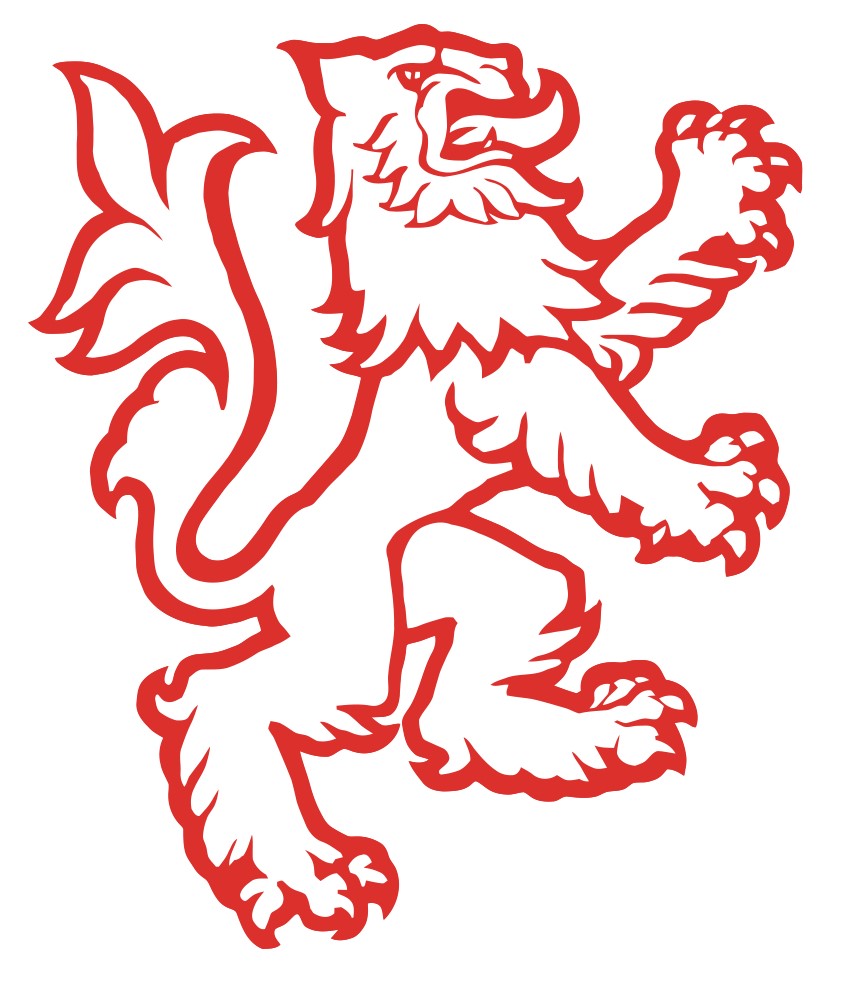Personal Development (PE and PSHE)
Personal Development Department
Our aim is to support our students to be informed, confident learners who have a strong awareness of themselves and the world around them. For this reason, we have brought together, under the one heading of Personal Development, a number of different strands of our work in school.
Personal, social, health and economic education (PSHE) education is a school subject through which students develop the knowledge, skills and attributes they need to keep themselves healthy and safe, and prepared for life and work. PSHE programmes have an impact on both academic and non-academic outcomes for students.
Certain aspects of the PSHE curriculum became statutory in September 2020, mainly related to the teaching of Relationships, Sex and Health Education at secondary level. The ‘Intimate & Sexual Relationships, including sexual health’ aspects are taught by specialist PSHE staff and other elements are taught across PSHE, PE, the tutorial programme, science, RS and IT.
All students follow the core PE programme, and have a wide range of opportunities as part of the extra-curricular provision offered by various subject teams, or events beyond the normal school day. Examples include clubs, sporting experiences, educational visits, trips or national qualifications such as Duke of Edinburgh, as well as other experiences in the world of work and careers.
With their tutors, all students follow a programme of study that includes careers education and support in making choices about future study and routes into employment, alongside other elements such as study skills, Fundamental British Values and preparation for Life in Modern Britain.
Click here to download the Personal Development curriculum.Click here to download the KS3 to KS5 tutorial programme
Personal Social and Health Education (PSHE)
PSHE is a planned programme of learning through which children and young people acquire the knowledge, attitudes and skills they need to manage their lives in a range of contexts. Supporting the whole school through discrete lessons and schemes of work, PSHE develops the qualities and attributes students need to thrive as individuals, family members and members of society. The subject is based on three core themes: Health and Wellbeing; Relationships; Living in the Wider World. There is broad overlap and flexibility across these themes.
Click here to download the PSHE curriculum. Click here to download the Personal Development Learning Journey document
Physical Education
Students build on and embed the physical development and skills learned in key stage 2, become more competent, confident and expert in their techniques, and apply them across different sports and physical activities. They will understand what makes a performance effective and how to apply these principles to their own and others' work. They will be given opportunities to develop the confidence and interest to get involved in exercise, sports and activities both in and out of school and in later life, and understand and apply the long-term health benefits of physical activity.
The department's key aims and objectives are to challenge students to develop character traits such as resilience, self-esteem, empathy, co-operation, ability to respond to positive criticism and to develop a knowledge, ability and desire to be active for life by:
- Using a range of tactics and strategies to overcome opponents in direct competition through team and individual games [for example, badminton, basketball, cricket, football, hockey, netball, rounders, rugby and tennis]
- Developing their techniques and improve their performance in other competitive sports [for example, athletics and gymnastics]
- Performing dances using advanced dance techniques within a range of dance styles and forms
- Analysing their performances compared to previous ones and demonstrate improvement to achieve their personal best
- Taking part in competitive sports and activities outside school through community links or sports clubs.
Click here to download the PE curriculum.








